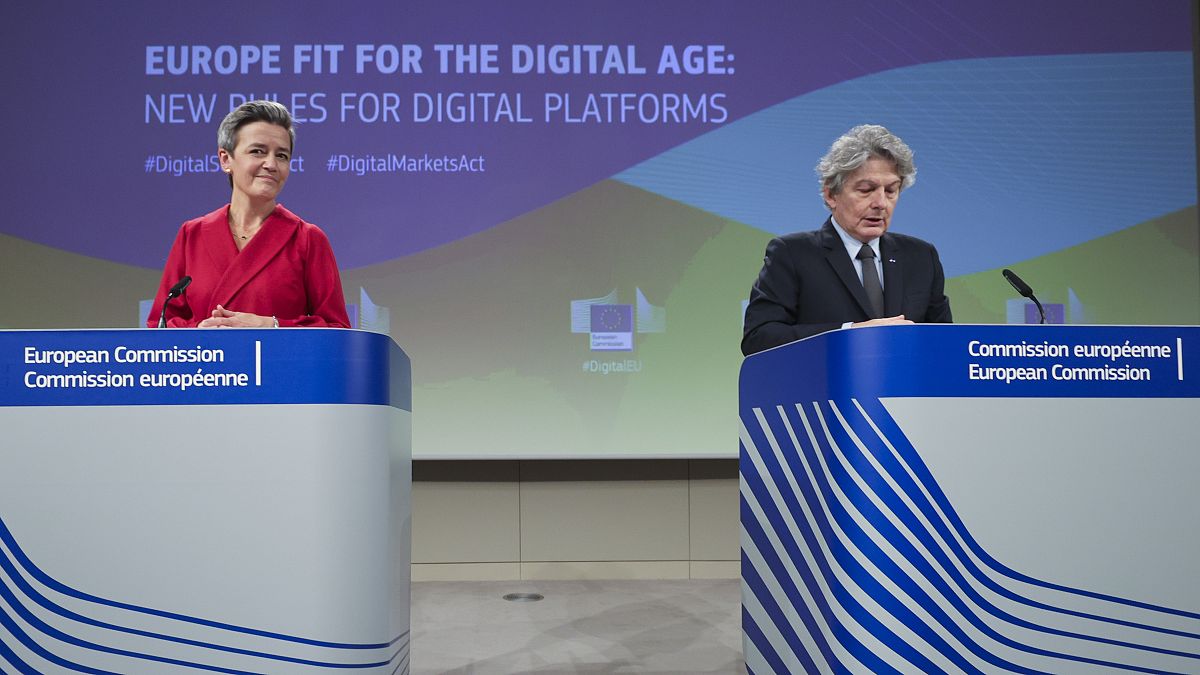Regulators urge platforms to call for conversion of the Code of Practice of Disinformation.
A voluntary Code of Practice on Disinformation implemented by online platforms should be turned into a formal code under the EU’s Digital Services Act (DSA), national regulators said in a report published today (29 July).
The Digital Services Board – composed of the Digital Services Coordinators (DSCs) from the member states – said in its report that it, together with the European Commission, it “urges signatories to proceed swiftly” with adoption of the formal code.
The Code of Practice on Disinformation was formalised in 2022, and is signed by 34 companies including Meta, Microsoft and TikTok.
It contains 44 commitments and 128 specific measures, such as transparency of political advertising and empowering users, which the platforms themselves decide to sign up to. It’s not currently formally endorsed by the Commission.
Making it a formal Code of Conduct, will make it part of the DSA co-regulatory framework, the report said.
“In view of the important added value of the Code regarding mitigating systemic risks, the Commission considers a swift conversion of the Code as crucial, with the aim to finish this process in the coming months,” it added.
No major incidents during EU elections
Today’s report – the first since the DSA became applicable to the biggest platforms in August last year and to all platforms in February – looked at the measures taken around the June European Parliament elections.
With the DSA, the Commission has a framework to assess measures taken by platforms to take down illegal content designed to influence electoral processes. The report said, however, that there were “no major or systemic incidents” that disrupted the vote.
“The incident level was in line with expectations and the preparations and coordinated response paid off,” it said.
Online platforms came to similar conclusions in reports published in previous months. Meta said for example that threats were mostly focussed on local rather than the EU elections.
The Commission said it will now monitor platforms’ compliance for upcoming national, regional, and local elections in the context of risks to electoral integrity.















